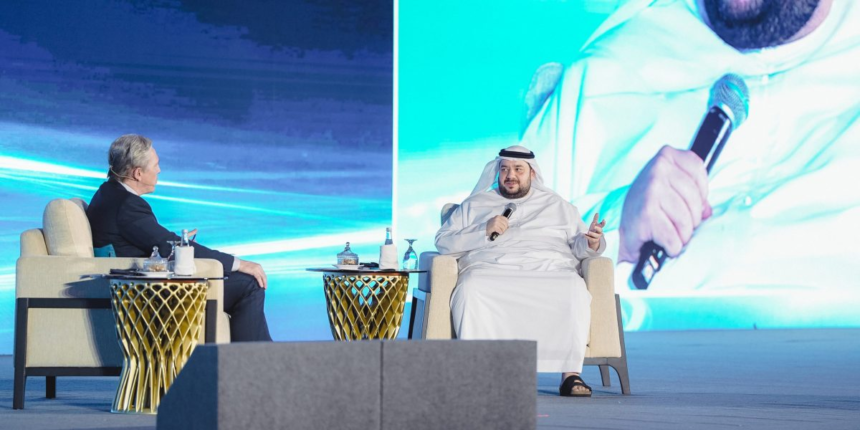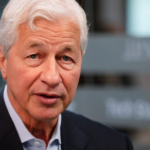I spent last week in Malaysia (still recovering from that brutal 18-hour flight to Singapore), where Fortune hosted a conference alongside a trilateral summit between the Association of Southeast Asia Nations, the Gulf Cooperation Council, and China. Unsurprisingly, AI was top of mind for the assembled governmental and economic leaders. But their perspective was one we don’t usually get from the U.S.
Here’s the simple summary: Everyone wants AI, but they don’t know if they have the capital to build it on their own terms. In the U.S., we’re accustomed to hearing about some new multi-billion-dollar startup funding deal seemingly every week, but this is not a reality for most of the world’s countries, let alone regions. And that’s not to mention the immense energy demands needed to supply the computing power for the AI revolution.
One revealing panel featured Mohamed Hassan Alsuwaidi, who has a dual role as the United Arab Emirates’ minister of investment and the CEO of one of the country’s top sovereign wealth funds, ADQ. With billions of dollars at his disposal, he’s among the more influential figures in global tech, though few readers of this newsletter have likely heard of him (partly because he gives so few interviews).
It was a surprising admission from a government official with seemingly endless resources at his disposal. But it’s a concept that’s hotly debated alongside the rapid rise of AI—the question of sovereignty, or how a country can control and guide the technology’s development, especially when it’s being created by non-state companies, often in a different language and cultural context. “Clearly, if you want to be involved in this AI race, you need to consume a lot of power and energy,” Alsuwaidi said.
Alsuwaidi did say that the UAE’s fleet of sovereign wealth funds wants to invest in emerging regions, including Latin America, Africa, and Southeast Asia, returning to those heady days of 2021 and 2022. But he added that they often cannot find infrastructure plays that make economic sense, describing the mismatch between the risk/reward in the U.S. and Europe compared to emerging regions as “mind-boggling.”
Alsuwaidi may not be your average venture investor, but it’s a challenge that every VC will face as they try to envision the new AI reality, 10 years down the line. Regions like Southeast Asia clearly have as much appetite as the U.S. or Europe. But will they get the funding to satisfy it?









